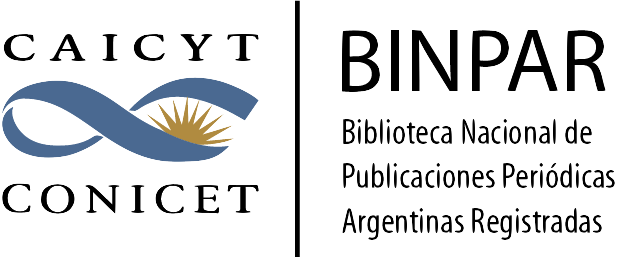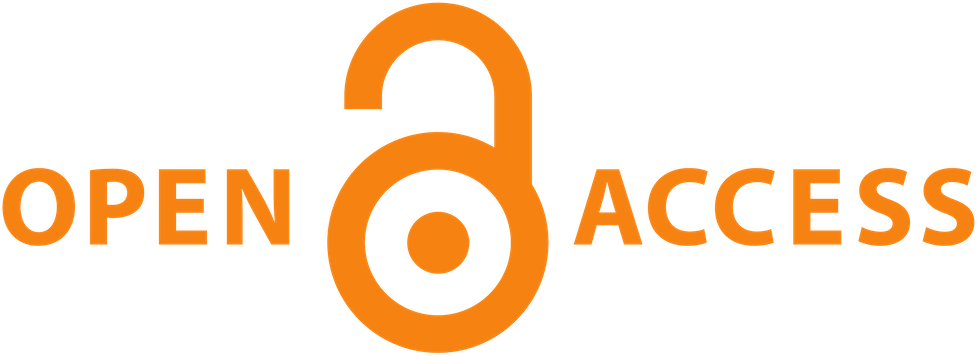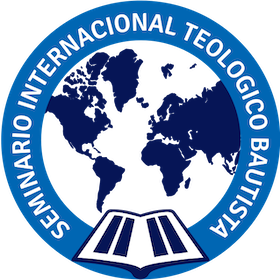The christian prayer as a language game
A Wittgensteinian approach
Keywords:
Wittgenstein, language game, prayer, religious superstitionAbstract
This essay offers an interpretation of Christian prayer based on Wittgenstein’s concept of language games. It shows how the Christian tradition has inscribed the practice of prayer in a deep grammar, distinct from the causal logic typical of superstition. After discussing Wittgenstein’s shift toward the everyday use of language and philosophy as linguistic therapy, the essay analyzes prayer in its three essential forms: petition, contemplation, and thanksgiving. Each form articulates a particular mode of dependence, humility, and gratitude, always anchored in community life. Next, the confusions that reduce prayer to a “spell” or a machine of empirical effects are unmasked, appealing to the distinction between grammatical surface and depth grammar. Finally, the transformative value of prayer is vindicated: a dialogue and expressive act with God and a testimony of hope that strengthens communion and guides Christian conduct.
References
Barth, K. (1969). La oración según los catecismos de la Reforma. Salamanca: Ediciones Sígueme.
Basilio, E. G. (2017). Hexameron: Homilías sobre los seis días de la Creación. Cetiña: Svetigora.
Crisóstomo, J. (2011). Homilies on the Gospel of St. Matthew. Piscataway: Gorgias Press eBooks. https://doi.org/10.31826/9781463231484
Phillips, D. Z. (1966). The Concept of Prayer. Nueva York: Schocken Books.
Rhees, R. (1997). Rush Rhees on Religion and Philosophy. Cambridge: Cambridge University Press.
Stern, D. G. (2004). Wittgenstein’s philosophical investigations: An Introduction. Cambridge: Cambridge University Press.
Teofano, E. R. (2005). El arte de la oración. Buenos Aires: Lumen.
Von Balthasar, H. U. (2022). La oración contemplativa. Lancaster: Saint John Publications.
Wittgenstein, L. (2014). Investigaciones filosóficas. Madrid: Gredos.
Downloads
Published
How to Cite
Issue
Section
License
Copyright (c) 2025 Jorge Ostos

This work is licensed under a Creative Commons Attribution-NonCommercial-ShareAlike 4.0 International License.















